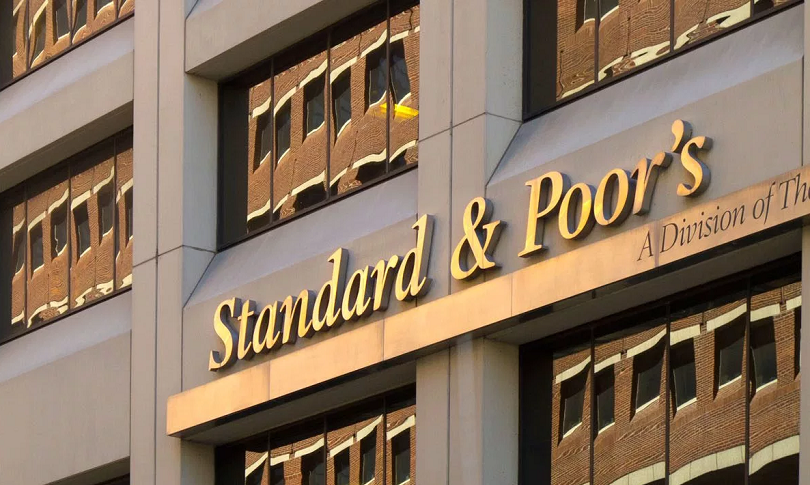South Korea’s factory activity has contracted for the first time in almost two years, with output and new orders in July weakening due to continued inflation and supply chain issues.
The S&P Global purchasing managers’ index (PMI) dropped to a seasonally-adjusted 49.8 in July, down from 51.3 in June and falling below 50 for the first time since September 2020. A result below the 50-mark indicates contraction in factory activity from the previous month.
Output dropped for the fourth month in a row with new orders from overseas falling for the fifth consecutive month. The drop in output was the sharpest since October 2021, with overall new orders also decreasing for the first time in 22 months.
“South Korean manufacturers reported that strong inflationary pressures and sustained supply chain disruption had hindered production and demand at the start of the third quarter,” said Usamah Bhatti, economist at S&P Global Market Intelligence.
“Higher prices for inputs including fuel, metals and semiconductors meant that the disruption was broad-based across the manufacturing sector.”
There were some indications however that price pressures are potentially peaking. The rise of both input prices and output prices has slowed significantly.
Suppliers’ delivery times, which indicate the degree of disruption, worsened but the drop off was not as sharp as analysts had feared.
Manufacturer optimism is now at its weakest since October last year.

